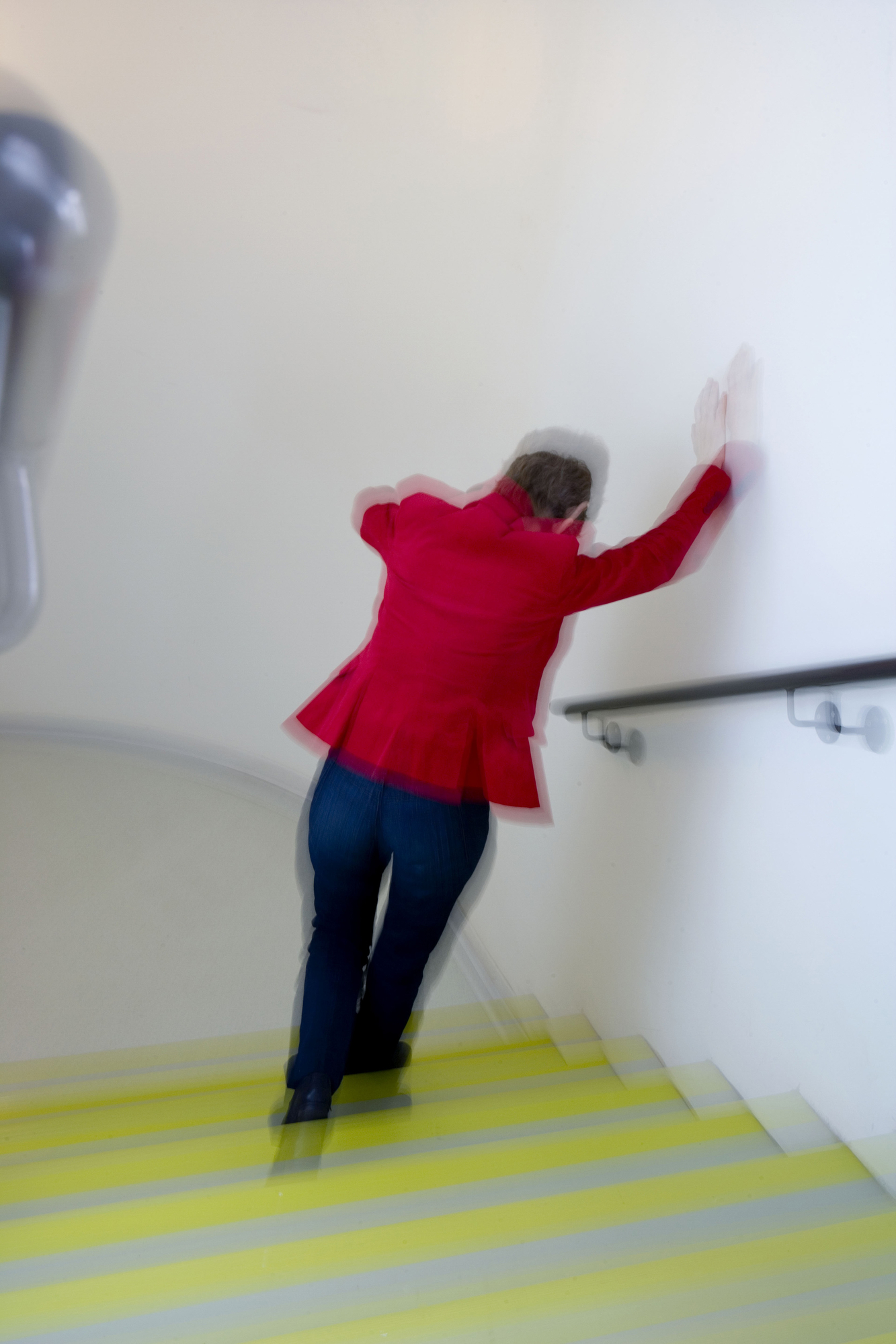Vestibular rehabilitation is an exercise-based program designed to improve balance and reduce problems related to dizziness. Each year, over 10 million patients visit a physician due to dizziness. It is the most common complaint of patients over the age of 75, but it can occur in patients of any age.
Patients typically referred for vestibular rehabilitation therapy are those diagnosed with dizziness, balance issues, vertigo, Meniere’s syndrome, neck-related dizziness, and migraine headaches. Other candidates are patients who have had a stroke or brain injury or those who frequently fall.
Common symptoms that can be helped with vestibular rehabilitation include:
- Dizziness or blurry vision with head movements
- Neck tightness, stiffness, or pain
- Balance issues or the need to hold onto objects when walking
- Headaches
- Frequent falls
- Vertigo or spinning sensations
The physical therapist will evaluate your symptoms and review your medical history. Your assessment will include all or part of the following areas:
- Balance and/or leg strength/flexibility
- Gait (how you walk)
- Visual stability and mobility
- Neck mobility and neck and arm strength
- Positional testing to evaluate the inner ear
Based on the findings, a plan of care is developed with a goal of improving any deficits identified. This can improve your ability to function in activities of everyday living, reduce your risk for falling, and improve your quality of life.

